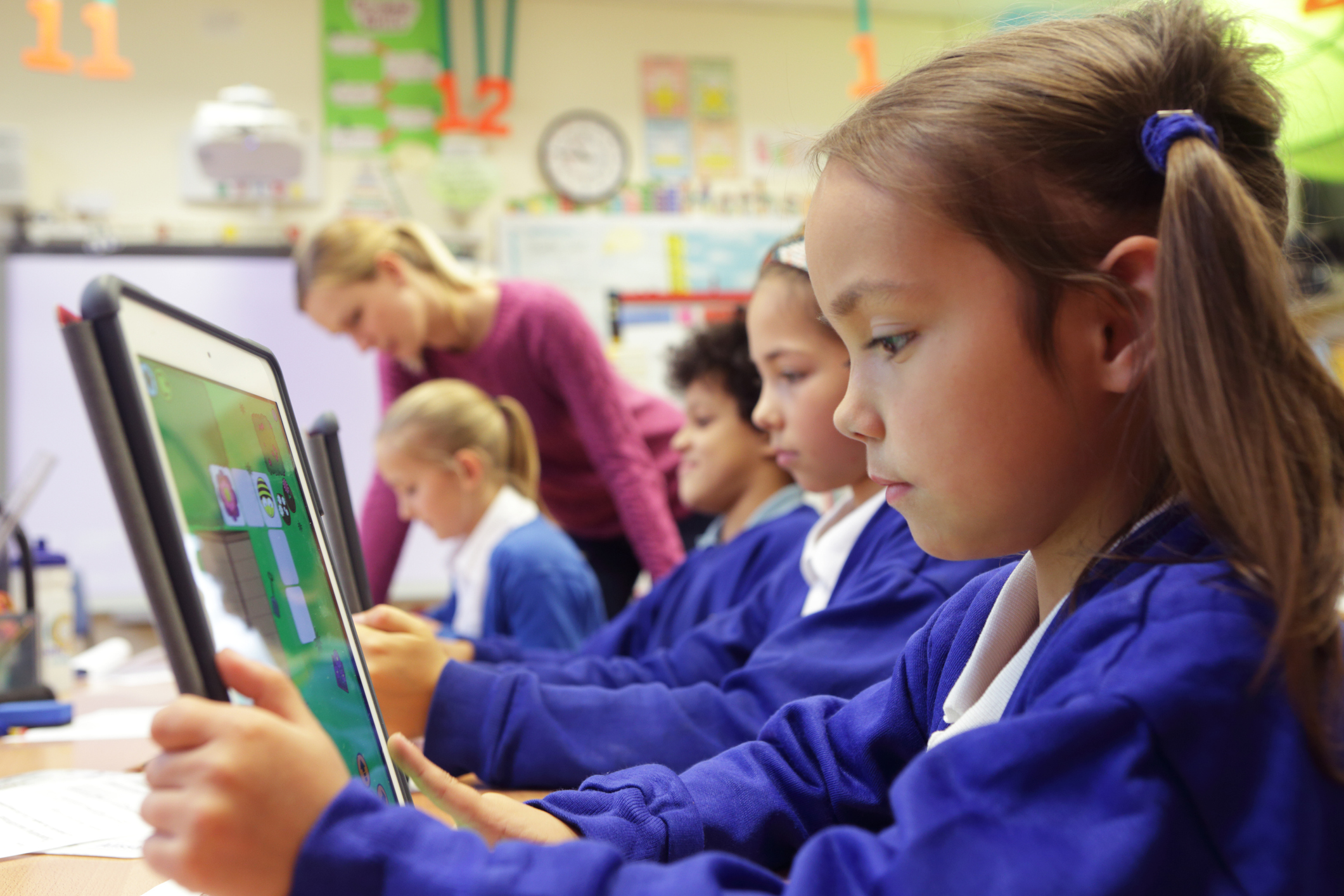Independent schools are opening up a “digital divide” between rich and poor by surging ahead with artificial intelligence and making use of ChatGPT, a government report suggests.
It also says that use of generative artificial intelligence (GenAI) is booming among young people faster than with their teachers.
While schools are embracing some aspects of GenAI, which incorporates ChatGPT and other tools such as Bard, this varies widely and parents are unaware how much it is used by their children.
The report published by the Department for Education (DfE) and based on the expert views of academics and teachers found that by last November 42 per cent of teachers had used GenAI in their role, compared with 74 per cent of those 16 to 24-year-olds with online access.
Different studies suggest that anything between 14 per cent and 67 per cent of pupils have used GenAI for schoolwork or studies.
The report said: “There is widespread recognition of the risks GenAI presents for education. There is considerable concern around academic malpractice, student over-reliance, as well as ethical, safety and data privacy risks of use.
“The potential for GenAI to widen educational inequalities was raised. There is also concern that the benefits for education will never be fully realised. Lack of knowledge about how to use GenAI and poor digital skills and infrastructure are limiting further use among teachers.”
Teachers at independent schools were more likely to use GenAI in their roles than those in state schools, and to report that they had received information about using AI technologies in school — a separate survey found 17 per cent of teachers in independent schools had used it specifically to help with their work compared with 9 per cent of teachers at state schools.
Younger teachers and those who were male and working in secondary schools were more likely to adopt AI.

The report said that the rise of devices and platforms had led to an assumption that all could benefit but there were structural barriers, with “those who are younger, affluent, and educated more likely to use the internet for lifelong learning — there is a risk the benefits will accrue to learners who can pay to access tools and those with the skills to use tools to enhance their learning”.
Despite excitement about the potential, the report said that there was uncertainty and scepticism, adding: “There is a historical pattern of hype that EdTech (education technology) will improve traditional education yet decades of research shows that the use of technology in schooling results in mixed and uneven outcomes, and this was brought sharply into focus during the Covid-19 pandemic.”
While teachers were more likely to use ChatGPT, the most commonly used tool among children was Snapchat’s My AI chatbot.
One teacher told researchers that pupils were “more familiar with GenAI than staff”.
A DfE survey of parents found that 37 per cent of parents of secondary pupils were unsure whether they had used AI tools for schoolwork.
Teachers and experts viewed outright bans as shortsighted as the technology was widely accessible and would be increasingly integrated into existing tools and platforms used in education, the report said.
AI is most commonly used to create educational resources, such as creating lesson content and writing letters to parents.
Secondary school teachers were more likely than primary school colleagues to have used it for assessments, and head teachers were more likely than teachers to use it for administrative purposes such as communicating with parents and drafting policies.
Teachers used it to provide conversational support in language lessons, science experiment ideas, multiple-choice questions, self-marking maths quizzes and interactive historical characters.
They have also developed worksheets for pupils with special needs or those still learning English.
Teachers needed short-term investment in training to benefit from AI, which some may struggle to find the time to do, the report said, adding: “The problem is less acute for better-resourced schools, risking a digital divide. One educator noted that private schools were more likely to dedicate resources to EdTech research and development.”
The report also noted that anxiety about taking the wrong approach was driving inertia in some schools, with fears about academic misconduct, data protection and pupil over-reliance on GenAI tools. Most teachers were not confident advising pupils about appropriate use. Experts said that an effective response to AI-related academic malpractice must consider changes to assessments as well as invigilation.
The report’s recommendations included funding the development of tools that can reliably detect AI-generated output, and AI literacy initiatives aimed at young children to help them understand their digital records.
It added: “There is already an emerging difference in adoption of GenAI between state and independent schools. Government should consider how to support access across the education system.”
